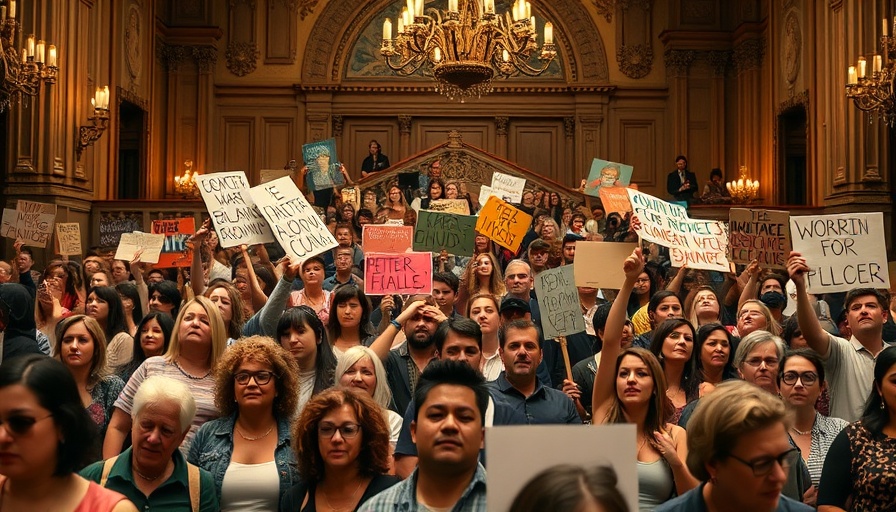
Brooklyn Faces a Housing Crisis as Affordable Deals Expire
As the Low-Income Housing Tax Credit (LIHTC) agreement at 63 Tiffany Place nears its expiration on March 15, residents are on edge, fearing potential displacement. Originally intended to provide affordable housing for 30 years, this crucial federal subsidy has shielded low-income renters from rising market rates in Brooklyn's gentrifying neighborhoods. John Leyva, a 54-year-old community organizer who has lived in the building for three decades, embodies the uncertainty many residents now feel. Leyva, who has watched his community grow, calls the upcoming expiration a 'doomsday' rather than a sunset.
The amount of rent Leyva now pays has increased from $604 to just under $1,200, starkly contrasting with current market prices ranging from $3,214 to over $6,000 for similar units. "We never thought this day would come," he reflects, unsure of his family's future in an area that has changed drastically since his arrival.
Financial Strains and Housing Challenges in Brooklyn
Local residents, particularly those on fixed incomes, are increasingly concerned about the impact of rising rent costs. Formerly affordable neighborhoods are now seeing real estate values soar, prompting fears that many could be priced out of their homes. Analysis from the NYU Furman Center indicates that rents in areas like Carroll Gardens and Park Slope have surged by 121 percent since 2009. As a heightened sense of anxiety grips the community, the LIHTC's expiration could open floodgates to aggressive landlord strategies, including push for deregulation, leaving many residents unsure of their futures.
Advocating for Tenant Protections and Solutions
Beyond immediate fears of arrears and rent hikes, residents are taking action. Leyva and other tenants are advocating for new measures like the Tenant Opportunity to Purchase Act (TOPA), which would empower them to buy the building or potentially secure its future through local non-profit organizations. Amidst legal hurdles that could thwart their plans, the collective push for tenant ownership remains hopeful.
As Brooklyn grapples with a persistent housing crisis, streets once bustling with industrial workers are now giving way to residential units. This transformation raises questions about the community’s preservation and the role of legislation in supporting the vulnerable. Residents of 63 Tiffany Place hope that a concerted effort to extend affordability could prevent a repeat of the housing crisis, making way for solutions that benefit all, not just the affluent. "We're not just fighting for ourselves but for the community we've built," Leyva states, advocating for change in Albany amidst looming uncertainties.
 Add Row
Add Row  Add Element
Add Element 



Write A Comment